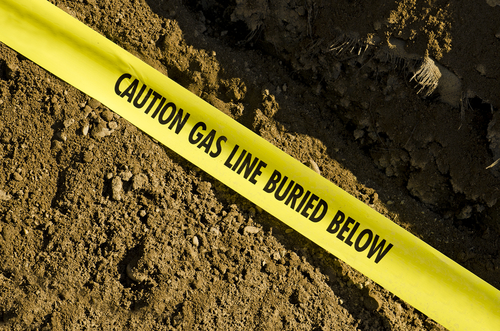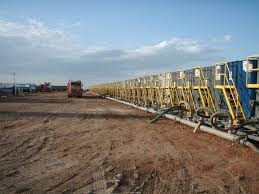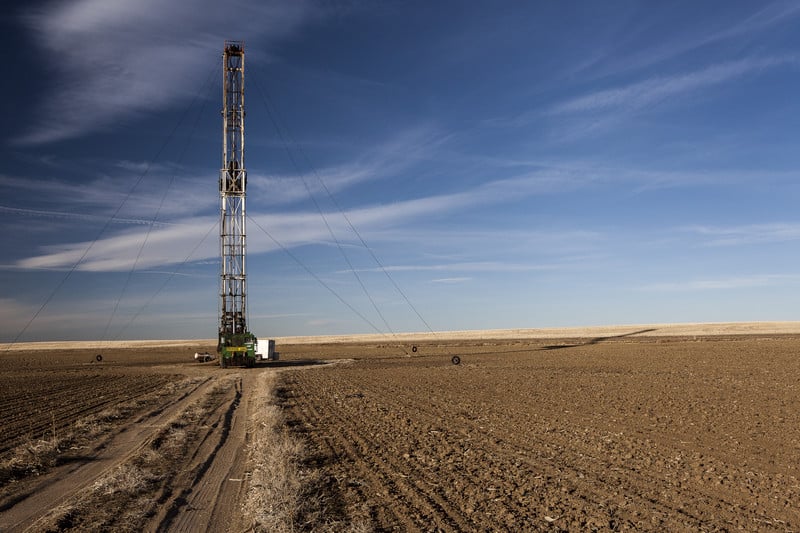A Harvard University study has concluded that 15 billion cubic feet of natural gas escapes the aging pipelines in Boston - an amount that means we're losing $90 MILLION dollars worth of natural gas through leakage annually.
The problem with leakage, outside of the obvious environmental and health concerns, as well as the fact that consumers bear the cost of the leakage, is that this leakage is responsible for almost all of the methane emissions given off by the city. As we've discussed previously, methane has a 25 times larger impact on the environment than carbon, and for that reason it's been the focus of new proposed regulations from the Administration and the EPA.



